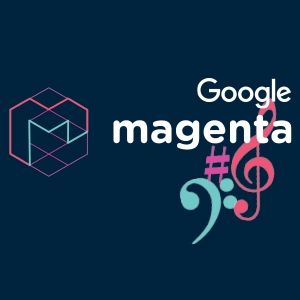With music creation making its way into the electronic arena, artists are constantly provided with innovative ways of making new music. Since April, the Google AI research team, Magenta, has been developing a music database to aid artists in the creative process. One of Magenta’s many goals is to utilize machine learning to create new approaches to human expression. The database, entitled Neural Synthesizer, is intuitive and expressive, and it empowers musicians to discover sounds that have never been heard before.
What is NSynth?
Neural Synthesizer, or NSynth for short, is an electronic database with a collection of approximately 300,000 musical notes from 1,000 instruments. With this information, the program combines sounds from singular instruments to compose a hybrid one. The produced tone does not sound like two instruments being played simultaneously. Rather, NSynth generates an entirely new sound that would be nearly impossible to design otherwise. The resulting note simulates a tone that is in-between other instruments, created in a way that can only be done digitally. NSynth also provides users with the ability to control the timbre (perceived sound quality of a note) and dynamics (relative loudness) of their newly made creations.
How Do You Use It?
In addition to inventing a whole new sound, NSynth is capable of generating and playing music alongside creators in real-time. Users can also play a series of notes, and the program will respond with its own musical concoction. NSynth’s ability to instantly produce and learn from data is the component that qualifies it as artificial intelligence. The Magenta team has already produced several pieces of music with NSynth, and even won “Best Demo” at the Conference on Neural Information Processing Systems.
Magenta’s goal for musicians is to make the creative process more efficient and inventive. NSynth is in no way a means of replacing human musicians, rather an outlet for collaboration between the two. While the company is not offering NSynth as a packaged software, they are making the database public domain. This means that users will be able to download the entire library of musical notes and play with the collection immediately. Be sure to download the database here, and send your musical creations our way!
